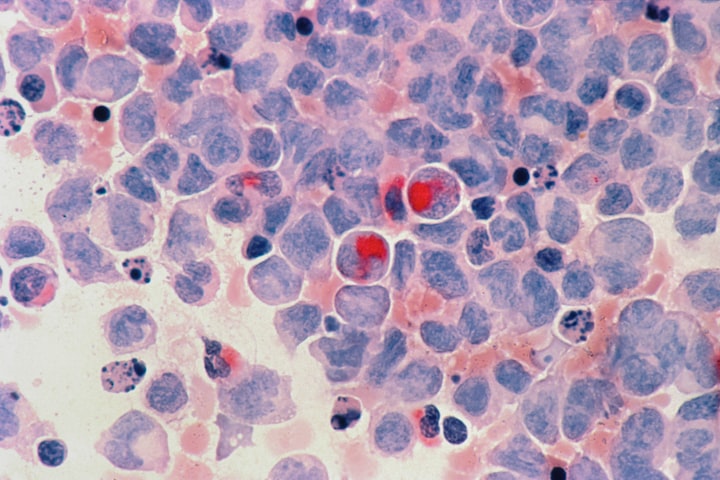Beavers, Hippos, and Capybaras, oh my!
A venture into Catholic pescatarianism

As we may know, Catholics are not supposed to eat meat on Fridays during Lent (or other holy days). There were a variety of reasons to abstain from meat—meat was inaccessible to many poor worshippers, the flesh of beasts and birds is reminiscent of Jesus' flesh, et cetera. Fish is exempt from this meat-free fast because it was affordable to poor worshippers and does not remind one of Jesus' flesh.
Fish symbolism and Jesus run far deeper, of course. Jesus kept fishermen as disciples and there are numerous stories relating Jesus to fish. There's the story of Jesus telling fishermen to cast their empty nets on the other side of the boat upon which the fisherman found their nets full of fish and the story in which Jesus fed 5000 with 2 fish and 5 loaves of bread. During the Roman Empire, persecuted Christians would identify each other by drawing a curved line in the sand each which in turn formed a fish and would identify them to the other as Christian. This is all to say, there is a long history between fish and Christianity.
So where do beavers, hippos, and capybaras have to do with Catholic pescatarianism during Lent? Simple. The Catholic Church considers all of them to be fish for Lent.
When Catholic priests went to proselytise in Canada, they were met with a population that loved beaver meat. The Bishop of Quebec, Francois de Leval, wrote to the Sorbonne, asking if beavers could be considered fish. The theological analysis was yes, beavers, especially their tails and paws, can be considered fish because they spend most of their time in aquatic environments. Beavers being considered aquatic animals long pre-dates the colonies in Canada—apparently, it was a common Lent food in Holland during the Crusades. In addition, they were considered aquatic animals in the Talmud.
All things considered, beavers being considered fish for Lent fulfils half the requirements for food that was allowed to be eaten. With beavers so abundant in Canada, it was something that all members of society were able to access and eat with leisure, unlike red meat's role in European society. It also enabled Catholicism to adapt to local environments and become more easily spreadable. Thus, barbecued beavers became a common meal in Catholic Canada during Lent.
Similar things happened with other animals. The capybara, the largest rodent in the world, found in South America, was declared fish for Lent by a Papal bull in 1784, as it spends a large portion of its time in water. Some also claim that the capybara has a fish-like taste, even though it looks like beef.
The New York Times also ran an article in 2004, claiming that Portuguese settlers in Africa were given special dispensation to eat hippos during Lent, due to it's (you guessed it!) heavily aquatic nature. Being an excellent swimmer didn't stop hippos from tasting like beef, though.
Other animals that have been given special dispensation to be considered fish include alligators, muskrats, and perhaps surprisingly, the puffin. The first two are fairly easy to understand based on the previous known reasoning: they spend a lot of their time in water and are thus considered aquatic animals aka fish. But the puffin? It's because "“its natural habitat was as much terrestrial as aquatic,” and therefore, can be considered...a fish?
And there you have it: the Catholic Church's weird yet fascinating methods of taxonomy. A pescatarian friend once jokingly tried to justify fish eating to me by saying that "fish are just floating vegetables" and oh boy, does he have a lot more floating (and flying) vegetables to try out now!
About the Creator
Melissa in the Blue
hold my hand and we can jump straight into the cold unloving sea






Comments
There are no comments for this story
Be the first to respond and start the conversation.